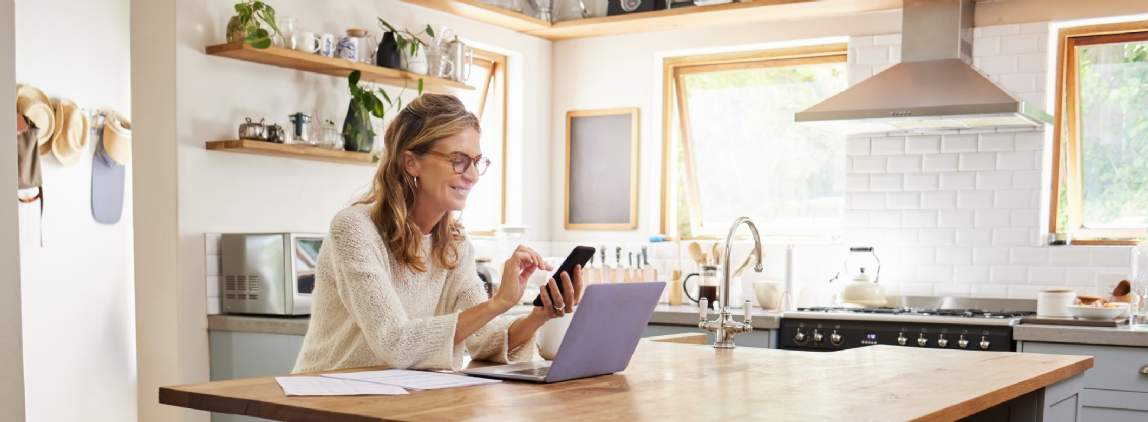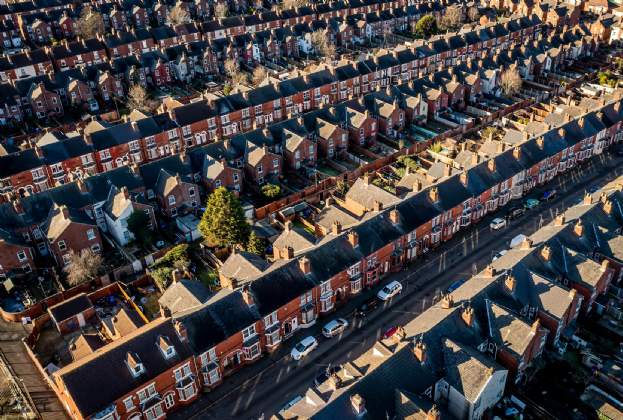Even for experienced buyers, it can be challenging to gauge how high, or how low, to set your offer for a property. Go in too low and the seller might question whether you're serious about buying; aim too high and you might pay more than you need to.
But there's more to the negotiation process than simple numbers. Knowledge of the property, the seller and the local market – as well as the wider property climate in general – all come into play, and can give the savvy buyer an advantage that extends beyond offering a few thousand pounds more or less than the asking price.
How is the local market performing?
Consider your local area first, with an eye on how similar properties are priced and how quickly they're selling. If comparable houses are languishing on the market for months, and generally selling below their asking prices, you're in a good position to go in with a lower offer. If it's an active market and there are lots of Sold signs in the neighbourhood, you may need to prepare for some competition and go in with a bid that'll get the seller’s attention.
Show you are a good buyer
If your seller is motivated to move quickly – a new job, children on the way, keeping their place in the chain – this can certainly work in your favour, but shouldn't be taken as a green light to put in an extremely low bid. Rather, it's an opportunity to show them what a great buyer you are by making an acceptable offer, and working with them to complete in a time frame that suits them – and if that results in a better deal, so much the better.
Naturally, your own situation affects your negotiating position too. If you've already sold your house, you're in the enviable position of being chainless, with money in the bank: sellers (especially experienced ones) may accept a lower offer if it presents a way to sidestep the headaches and pitfalls associated with the property chain. Getting your mortgage pre-approved will earn you even more leverage with a seller.
Making an offer
Every sale is different, and there are no hard and fast rules to follow in negotiations. As a guideline, some say it's best to open with an offer that's around 10 per cent lower than the asking price. That should be enough to signal genuine interest, while leaving you some wiggle room to keep your final bid as low as possible.
Try to think one offer in advance – ‘if they reject this or get a better offer, I'm prepared to go up to X’ – but always keep sight of how much you're really willing (and able) to pay. If you're in love with the house but getting uncomfortable with the figures involved, it may be a painful, but necessary reminder that negotiations don't always go our way – and an opportunity to explore new options.
It’s useful to remember that if your offer has been accepted, estate agents are required to continue reporting any other offers that come in to the seller, unless the seller has formally requested not to be informed of certain offers. While you may be told of the existence of other offers, estate agents are not obliged to reveal the amount. Whatever happens with your offer, it is important to keep a good open dialogue with the agent.
Further information
Contact Ed Meyer

.jpg)
.jpg)
(2).jpg)

.jpg)
.jpg)
.jpg)
.jpg)
.jpg)
.jpg)